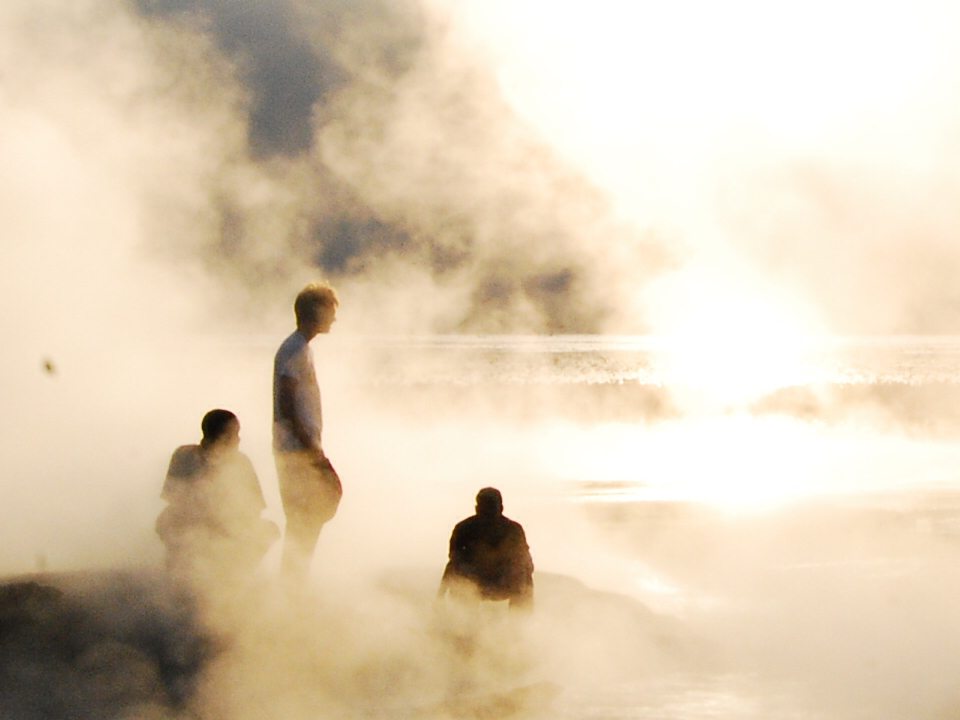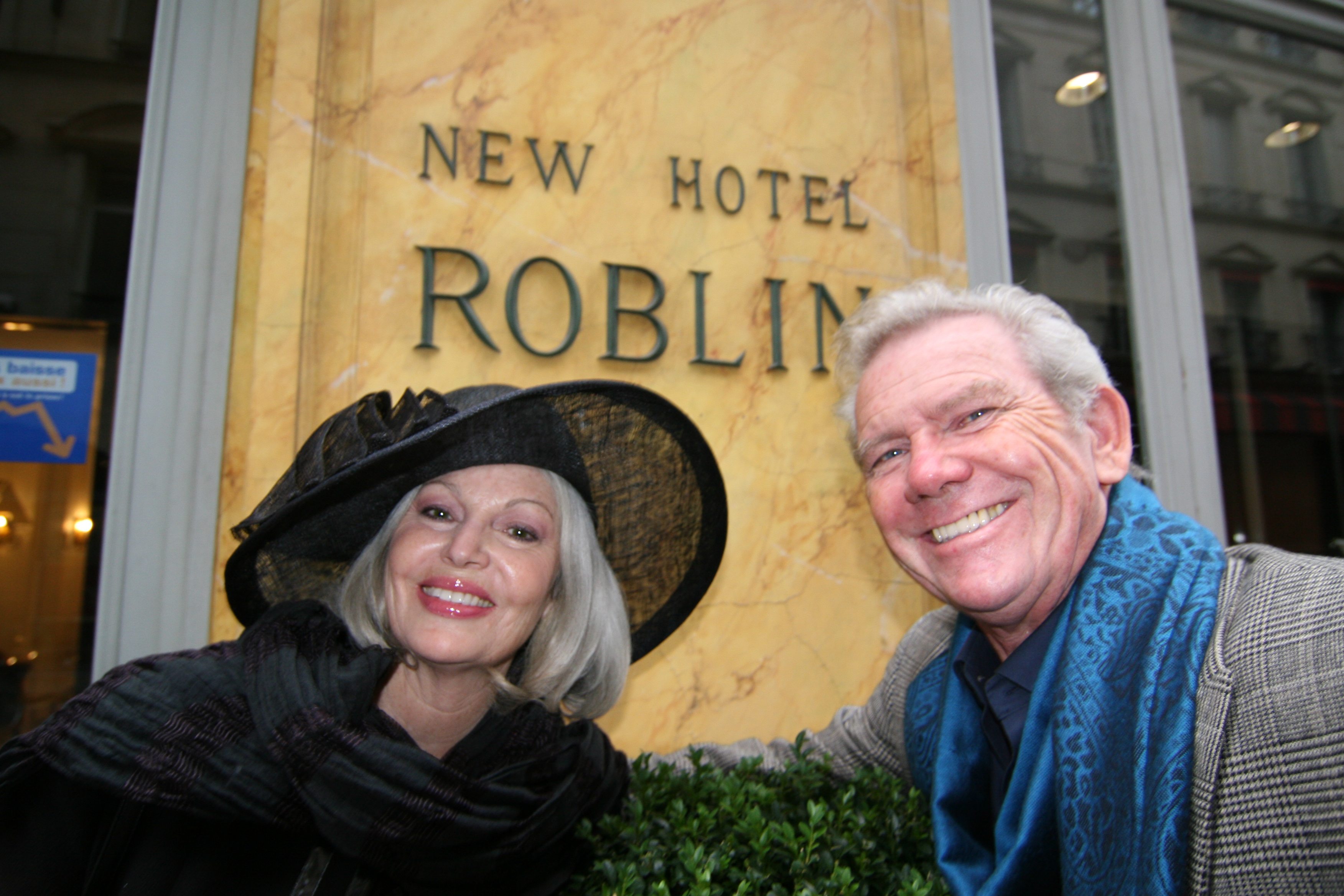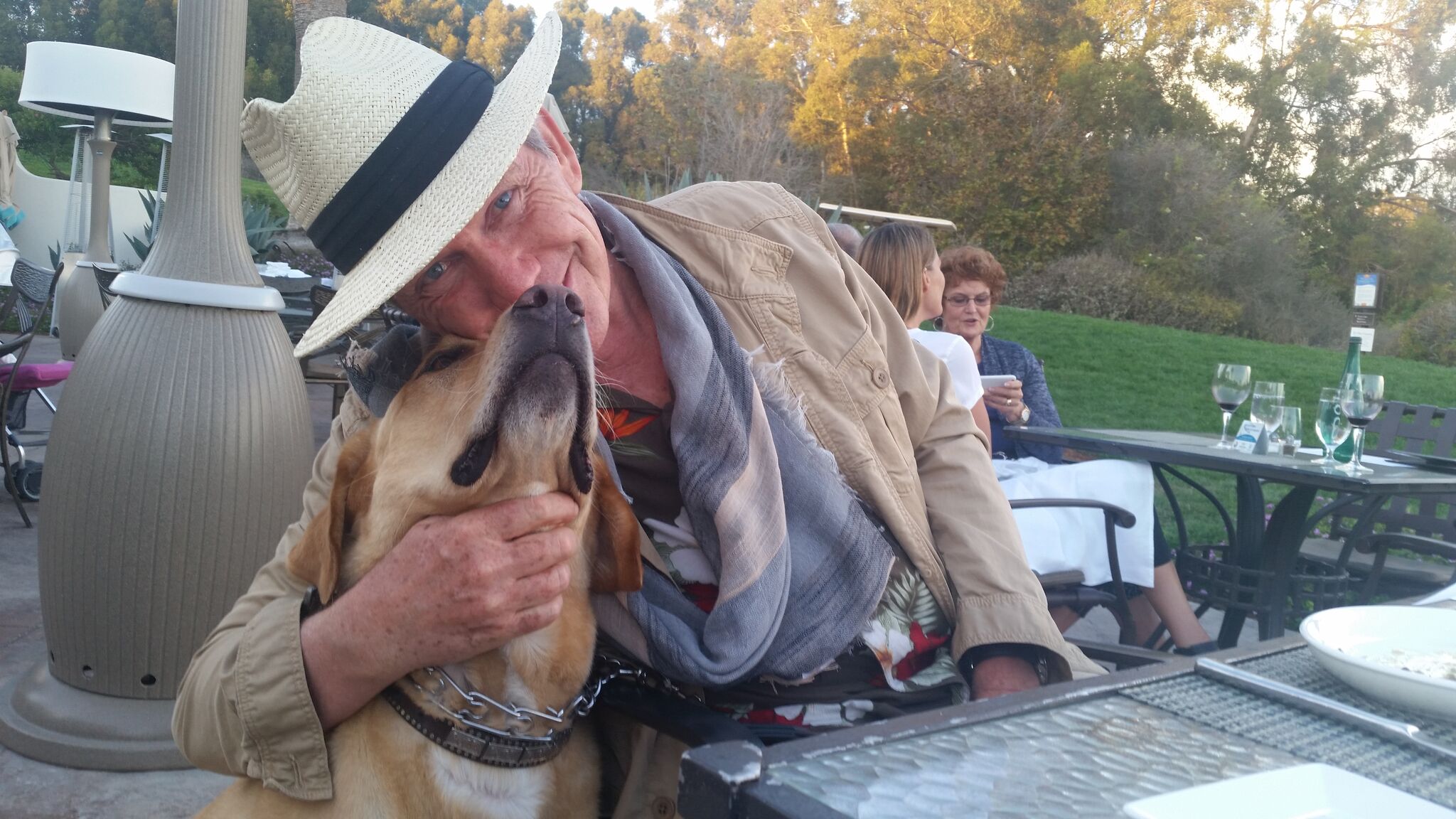 By Galen Crawley, author of A Path To Survival Against All Odds and LuxEco Advocate
By Galen Crawley, author of A Path To Survival Against All Odds and LuxEco Advocate
For a majority of Western civilization, the distant plains of Africa maintain a reputation of personal risk, political instability, and poverty. However, for Africa to develop and progress, this misinformed perspective needs to be revised.
I am an English undergraduate at University College of London. Going into my third and final year, finding work this summer was of the utmost importance. I am not someone who wishes to slave in front of a computer screen for ten hours a day in the city. To put it simply, I thrive off adventure and exploring the unknown.
When offered an opportunity to work in Zimbabwe, I took it without hesitation. In the West, there are few African countries with a more notorious reputation and a more tragic history. However, as I found out, the dangers and tyrannies of Zimbabwe are history.
In 1979, the British colonization of Zimbabwe came to an end under Ian Smith. After sustained social unrest, the ZANU party, led by Robert Mugabe, came to power. Initially, there was a pervading sense of optimism as this charismatic, highly intelligent individual began to educate the country. In the 1980’s, the economy was growing and Zimbabwe was the breadbasket of Africa.
Unfortunately, what began as a democracy became a dictatorship. During the 90’s the Zimbabwe spiraled into decline. At the beginning of the millennium, the Land Reform Programme was initiated. The white farmers, who fueled the economy with their tobacco and food production, were brutally kicked out. It was the beginning of mass starvation, hyper-inflation, and when the diamond fields were found, murder and torture.
The elections in 2008 were won by Morgan Tsvangarai (a member of the MDC party). However, Mugabe could not afford to lose power in the knowledge that he would be tried and sentenced. Hence, a power sharing agreement was reached, a coalition was formed. The dolarization of Zimbabwe in 2009 re-established the economy, and Mugabe’s diluted influence has opened up an opportunity for growth and development.
The misconception in the West is that Zimbabwe is still terrorized by Mugabe and his devotees. I have been here for six weeks and have not once felt threatened – I have felt welcome. There is a vibrant sense of optimism as there should be. Nevertheless, the country will not progress until people invest not only money but most importantly, an interest in Zimbabwe.
Unfortunately, Mugabe is still the face of the country. Consequentially, we take a seeming moral high ground by stating “we won’t support a dictator” by buying the agricultural produce or making it a holiday destination. However, until people start fueling the tourist industry by visiting the remote beauties of the Victoria Falls, or the wild national parks, or rolling landscape of communal grounds, Zimbabwe cannot move forward.
In a broader sense, Africa faces the same problem. Every day people donate millions in order to suppress the suffering of HIV, malaria, starvation, and unemployment. The most effective way to aid Africa in overcoming these ever-looming threats is to go there on holiday; to take your family on safari; to travel through and experience this magical continent.
[imagebrowser id=17]













